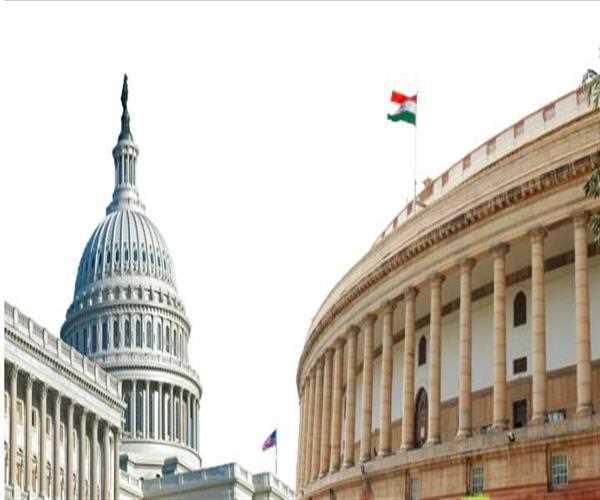Do you know what type of democracy does India possess? Yes, you're thinking right, it's Parlimantary form of democracy. But do you know the difference between our the two types of democracies prevailing in the world?

Let's understand the concept from the beginning
Today, 50 per cent of the world constitutes a democratic government that allows popular participation through the electoral process. Now, democratic governments can be either representative or direct.
When the political power is handed over to all the individuals of the state who come to together to make a decision, is termed as direct democracy. On the other hand, individuals that are elected through an electoral process act as intermediaries between the people of the state and the policy decisions is known as the representative democracy.
Here we are going to study the subdivisions of the representative democracy that is: Parliamentary democracy and Presidential democracy.
The Presidential form of government is also known as a congressional system, is that type of system in which President is the Chief Executive and is elected directly by the people.
In this form of governance three branches (legislature, executive and judiciary) exist separately and are not eligible to dismiss or dissolve the other branch.
- The legislature is involved in framing laws.
- President is involved in the execution of laws set by the first branch.
- Judiciary is responsible for exercising the judicial system.
In Asia, you can find this system in Indonesia; Maldives; Palau; Philippines; South Korea.
Parliamentary form of democracy also known as the Cabinet form of government or the ‘Responsible Government’ is a system of governance in which the citizens elects representatives to the legislative Parliament. Here, the parliament is responsible for framing laws and rules for the state.
Results of the elections declared that the party with the greatest representation will form the government. Party's leader becomes Prime Minister to perform various executive functions along with the council of ministers appointed by him or her.
Read More: answers.mindstick.com